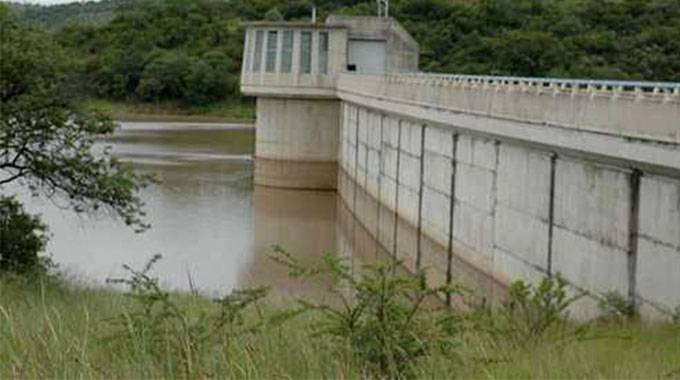Bulawayo residents, struggling with their old challenge, celebrated the return to service of one of their water supply dams this week.
Around October, council implemented a 132-hour water shedding programme in all suburbs as the city’s supply dams got depleted following last year’s drought.
However, the incessant rains that are falling countrywide since last month have brought cautious hope for an easing of the water shedding regime when council recommissioned Umzingwane Dam as it is now 36,89 percent full.
Insiza Mayfair is 42,28 percent full, Inyankuni is 19,27 percent full while Upper Ncema is 29,04 percent full with Lower Ncema at 14,74 percent full. Mtshabezi Dam ranks number one at 64,26 percent full.
Residents are encouraged by the continuing wet spell and its replenishment of their water supply dams. They are praying that the falls continue, actually intensify so the dams can spill. We can imagine the collective feeling the city’s population will have if that happens this year.
That would guarantee them a life without worrying over when the water shedding will begin or end. Over rushing home from work in time to full up their containers before the taps run dry once again. Over missing the schedule and having to go all over the city looking for the precious liquid from alternative sources.

That is a stressful existence.
The city is hopeful that it comes to an end, now.
While we are hopeful that the rains will continue pouring, we, as we always do, encourage residents to be diligent in their use of the little water available. They must not use it to water their gardens using hosepipes. They must always keep their taps closed so that if water flows back in their absence, it does not pour out.
If they see parts of their water lines leaky, they must promptly reach out to council or any suitably qualified plumber to get that leakage fixed.
Doing these and more will ensure that everyone gets their fair share of the commodity.
We also urge those who have enough space on their properties and resources to secure the required papers from council and the Zimbabwe National Water Authority to drill boreholes. If that happens, such property owners will wean themselves off the city constrained supply and those whose properties are too tiny for them to drill a borehole or those who lack the resources can get more water.
For the property owner who has an alternative water source, this independence is very satisfying.
As mentioned, we continue to pray that the rains continue but urge council to be as careful as ever in terms of water management.
If conditions permit, they must ease the water shedding schedule in a step-by-step fashion instead of them getting too excited to lift it and getting the city back into trouble soon after.

